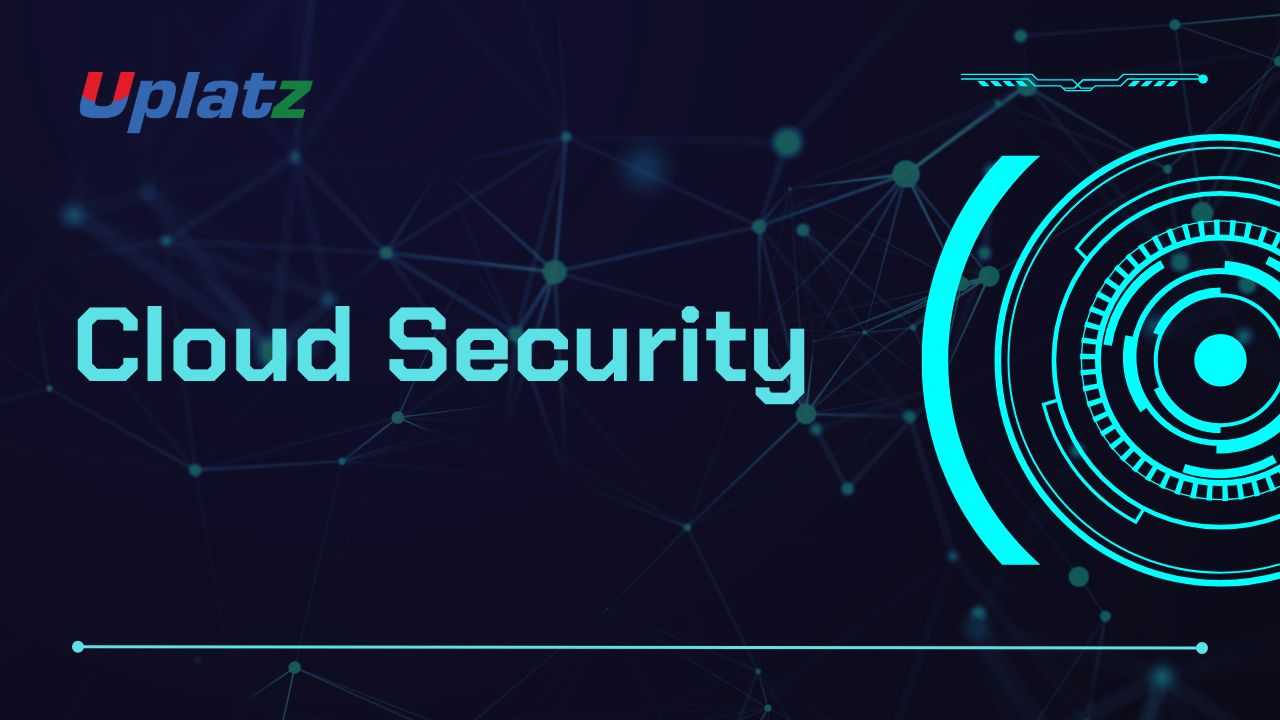Falco Security
Master Falco to monitor, detect, and respond to runtime security threats in containers, Kubernetes, and cloud environments. Price Match Guarantee
Full Lifetime Access
Access on any Device
Technical Support
Secure Checkout
Course Completion Certificate
Price Match Guarantee
Full Lifetime Access
Access on any Device
Technical Support
Secure Checkout
Course Completion Certificate
 97% Started a new career
BUY THIS COURSE (
97% Started a new career
BUY THIS COURSE (GBP 12 GBP 29 )-
 86% Got a pay increase and promotion
86% Got a pay increase and promotion
Students also bought -
-

- Kubernetes
- 20 Hours
- GBP 12
- 355 Learners
-

- HashiCorp Vault
- 10 Hours
- GBP 12
- 10 Learners
-

- Cloud Security
- 10 Hours
- GBP 12
- 10 Learners

Falco is a CNCF open-source runtime security tool for containers, Kubernetes, and Linux hosts. It monitors system calls and detects abnormal behavior in real time, helping security and DevOps teams enforce compliance, detect intrusions, and protect workloads. Falco is often called the "Kubernetes threat detection engine" and integrates seamlessly into modern DevSecOps workflows.
This course introduces learners to Falco fundamentals, rules, policies, and integrations. By the end, you’ll be able to deploy, configure, and operate Falco to safeguard production workloads.
What You Will Gain
-
Understand Falco’s architecture and runtime security model.
-
Deploy Falco in Kubernetes, containers, and Linux hosts.
-
Write and customize Falco rules for threat detection.
-
Monitor system calls and detect abnormal behavior.
-
Integrate Falco with SIEMs, logging, and alerting systems.
-
Apply Falco in DevSecOps pipelines and compliance workflows.
-
Strengthen cloud-native runtime security posture.
Who This Course Is For
-
DevOps engineers monitoring container security.
-
Security professionals implementing runtime detection.
-
Kubernetes administrators enforcing compliance.
-
Cloud engineers securing workloads across platforms.
-
Students & professionals learning DevSecOps practices.
-
Teams adopting runtime security tools for modern infrastructures.
How to Use This Course Effectively
-
Start with Falco basics – installation and default rules.
-
Experiment with container workloads and alerts.
-
Customize Falco rules to detect specific behaviors.
-
Integrate with Kubernetes, SIEMs, and alerting tools.
-
Explore advanced features like Falco Sidekick and policy as code.
-
Revisit modules for deployment and compliance strategies.
By completing this course, learners will:
-
Install and configure Falco on Linux and Kubernetes.
-
Monitor containers, processes, and system calls in real time.
-
Write custom Falco rules for threat detection.
-
Integrate Falco with logging and alerting pipelines.
-
Use Falco in DevSecOps workflows for compliance.
-
Deploy Falco at scale in production environments.
Course Syllabus
Module 1: Introduction to Falco
-
What is Falco?
-
CNCF and open-source adoption
-
Installing Falco
Module 2: Core Architecture
-
System call monitoring with eBPF and kernel modules
-
Falco rules engine
-
Alerts and outputs
-
Integration with Kubernetes audit logs
Module 3: Falco Rules & Policies
-
Default Falco rules
-
Writing custom rules (YAML format)
-
Macros, lists, and conditions
-
Policy-as-code best practices
Module 4: Kubernetes & Container Monitoring
-
Detecting abnormal pod behavior
-
Monitoring privileged containers
-
Detecting crypto-mining and malware
-
Compliance and audit monitoring
Module 5: Integrations
-
Falco with Falcosidekick for multi-output
-
Integration with Prometheus, Grafana, and ELK stack
-
SIEM integration (Splunk, Datadog, etc.)
-
Alerting with Slack, Teams, and email
Module 6: Deployment & Scaling
-
Running Falco on Kubernetes clusters
-
Falco as a DaemonSet
-
Cloud deployments (EKS, GKE, AKS)
-
Scaling Falco for production workloads
Module 7: Advanced Use Cases
-
Falco with CI/CD pipelines
-
Detecting insider threats
-
Incident response with Falco
-
Forensics and threat hunting
Module 8: Real-World Projects
-
Deploying Falco in Kubernetes for compliance monitoring
-
Detecting container escapes in runtime
-
Integrating Falco alerts with SIEM dashboards
-
Building a DevSecOps workflow with Falco + GitOps
Module 9: Best Practices & Future Trends
-
Writing efficient rules
-
Minimizing false positives
-
Comparing Falco vs commercial runtime security tools
-
The future of open-source runtime security
Learners will receive a Certificate of Completion from Uplatz, validating their expertise in Falco and cloud-native runtime security. This certification demonstrates readiness for roles in DevSecOps, cloud security, and Kubernetes administration.
Falco skills prepare learners for roles such as:
-
DevSecOps Engineer
-
Cloud Security Engineer
-
Kubernetes Administrator (security-focused)
-
Site Reliability Engineer (SRE)
-
Security Operations Analyst
Falco is becoming a must-have tool for runtime security in Kubernetes and cloud-native environments, making it highly valuable for modern infrastructure teams.
1. What is Falco?
An open-source CNCF project for detecting abnormal behavior in containers, Kubernetes, and Linux hosts.
2. How does Falco monitor workloads?
By using eBPF or kernel modules to capture system calls and applying rule-based detection.
3. What are Falco rules?
YAML-based policies defining conditions for suspicious behavior, such as writing to sensitive files or running unexpected processes.
4. How is Falco integrated with Kubernetes?
It monitors Kubernetes audit logs, pods, and cluster activities for runtime anomalies.
5. What is Falcosidekick?
A companion project that extends Falco outputs to external systems like Slack, Elasticsearch, or SIEMs.
6. What threats can Falco detect?
Privilege escalation, crypto-mining, file tampering, unexpected network connections, and container escapes.
7. What are the benefits of Falco?
-
Real-time detection
-
Kubernetes-native
-
Open-source and CNCF-backed
-
Flexible integrations
8. What are challenges with Falco?
-
Rule tuning to reduce false positives
-
Performance overhead in large clusters
-
Requires operational expertise
9. What are common use cases of Falco?
Kubernetes runtime security, compliance enforcement, DevSecOps pipelines, and intrusion detection.
10. Where is Falco being adopted?
By cloud-native companies, SaaS providers, and enterprises securing Kubernetes workloads.









